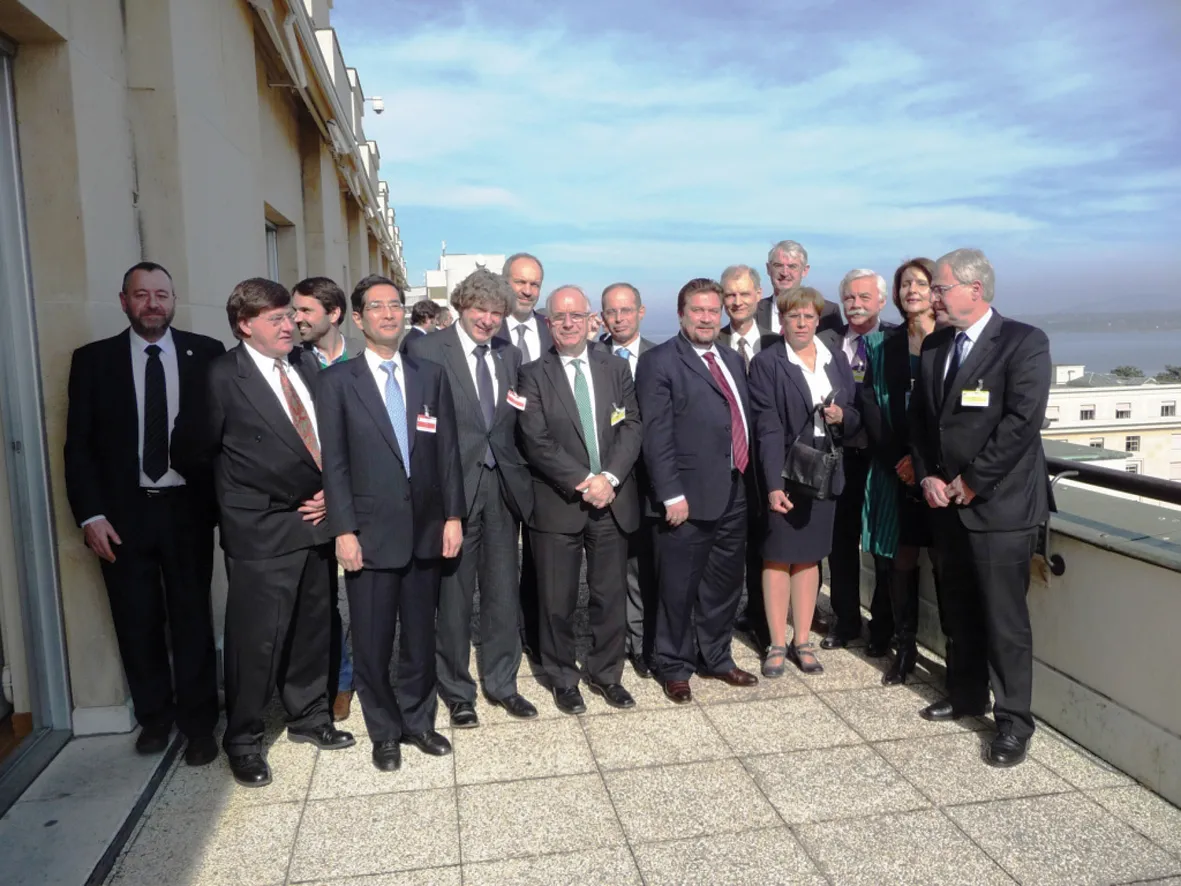A dramatic fall in traffic accidents last week has been directly linked to the three-day disruption in BlackBerry services, according to an article in The National, the English language newspaper published by Abu Dhabi Media.In Dubai, traffic accidents fell 20 per cent from average rates on the days BlackBerry users were unable to use its messaging service.
May 2, 2012
Read time: 2 mins
A dramatic fall in traffic accidents last week has been directly linked to the three-day disruption in BlackBerry services, according to an article in The National, the English language newspaper published by Abu Dhabi Media.
In Dubai, traffic accidents fell 20 per cent from average rates on the days BlackBerry users were unable to use its messaging service. In Abu Dhabi, the number of accidents fell 40 per cent and there were no fatal accidents.
On average there is a traffic accident every three minutes in Dubai, while in Abu Dhabi there is a fatal accident every two days.
Lt Gen Dahi Khalfan Tamim, the chief of Dubai Police, and Brig Gen Hussein Al Harethi, the director of the Abu Dhabi Police traffic department, linked the drop in accidents to the disruption of BlackBerry services between Tuesday and Thursday.
Email, Messenger and internet functions were unavailable to users in the Middle East, Africa and Europe after a crucial link in the BlackBerry network failed.
Gen Tamim said police found "a significant drop in accidents by young drivers and men on those three days". He said young people were the largest user group of the Messenger service.
"The accidents that occur from the use of these devices range between minor and moderate ones, but at times they are deadly," Gen Tamim said.
Brig Gen Al Harethi said: "Accidents were reduced by 40 per cent and the fact that BlackBerry services were down definitely contributed to that."
"Absolutely nothing has happened in the past week in terms of killings on the road and we're really glad about that," Brig Gen Al Harethi said. "People are slowly starting to realise the dangers of using their phone while driving. The roads became much safer when BlackBerry stopped working."
For the full original story, click this link:
%$Linker:External 0 0 0 oLinkExternal www.thenational.ae/news/uae-news/blackberry-cuts-made-roads-safer-police-say The National false http://thenational.ae/news/uae-news/blackberry-cuts-made-roads-safer-police-say false false %>
In Dubai, traffic accidents fell 20 per cent from average rates on the days BlackBerry users were unable to use its messaging service. In Abu Dhabi, the number of accidents fell 40 per cent and there were no fatal accidents.
On average there is a traffic accident every three minutes in Dubai, while in Abu Dhabi there is a fatal accident every two days.
Lt Gen Dahi Khalfan Tamim, the chief of Dubai Police, and Brig Gen Hussein Al Harethi, the director of the Abu Dhabi Police traffic department, linked the drop in accidents to the disruption of BlackBerry services between Tuesday and Thursday.
Email, Messenger and internet functions were unavailable to users in the Middle East, Africa and Europe after a crucial link in the BlackBerry network failed.
Gen Tamim said police found "a significant drop in accidents by young drivers and men on those three days". He said young people were the largest user group of the Messenger service.
"The accidents that occur from the use of these devices range between minor and moderate ones, but at times they are deadly," Gen Tamim said.
Brig Gen Al Harethi said: "Accidents were reduced by 40 per cent and the fact that BlackBerry services were down definitely contributed to that."
"Absolutely nothing has happened in the past week in terms of killings on the road and we're really glad about that," Brig Gen Al Harethi said. "People are slowly starting to realise the dangers of using their phone while driving. The roads became much safer when BlackBerry stopped working."
For the full original story, click this link:
%$Linker:






